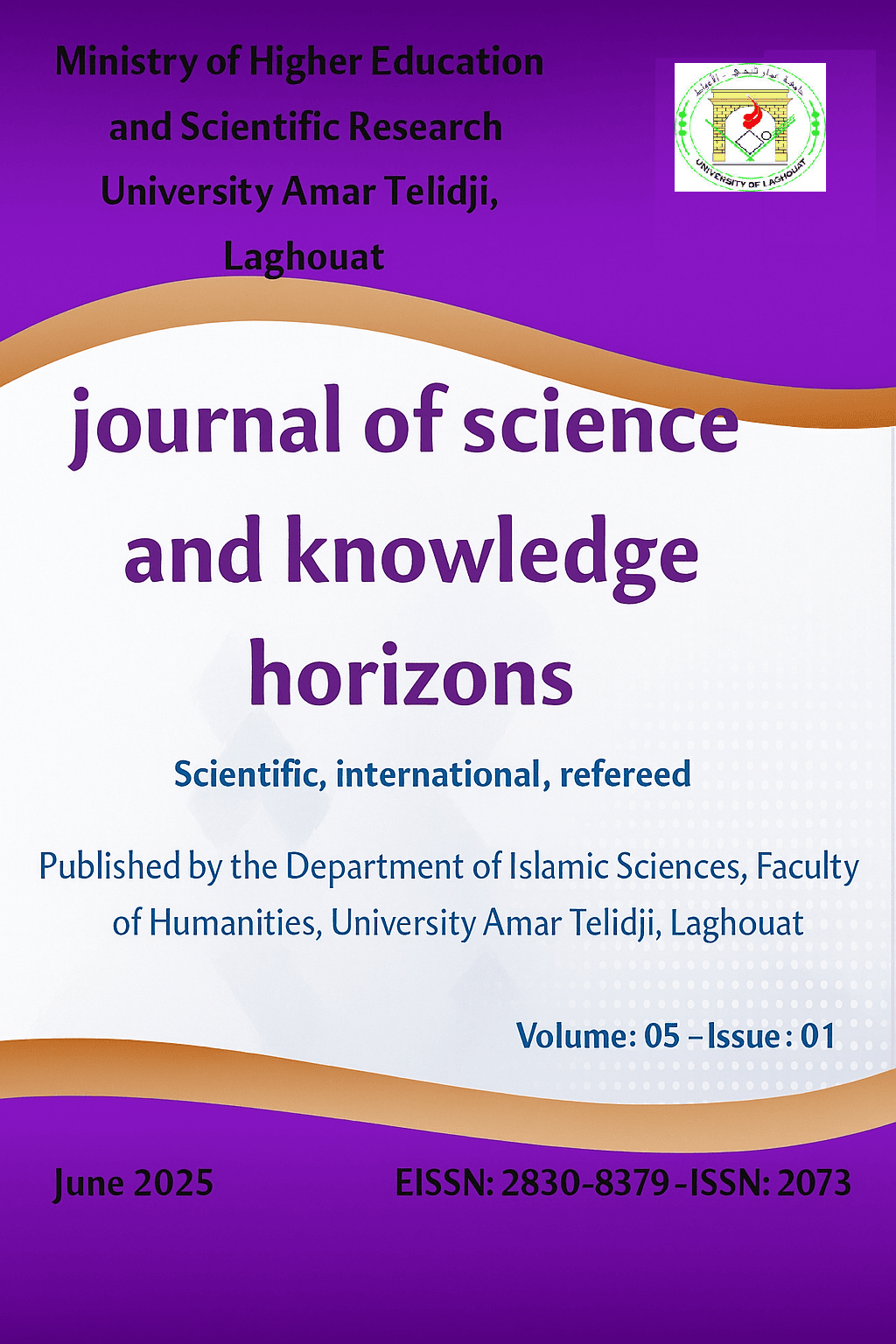E-Reputation Management as a Mechanism for Attracting and Retaining Talent
Abstract
The reputation of an organisation has shifted from traditional notions to electronic concepts linked to the advancement of information and communication technology. These transformations have introduced numerous concepts that organisations must address and adapt to by maintaining vigilance and responsiveness, utilising them to create added value. This paper aimed to review the significance of electronic reputation management in attracting talents and competencies from the labour market, with a narrative approach based on multiple relevant sources. The paper concluded that effective management of an organisation’s electronic reputation markedly enhances its ability to attract talented, experienced, and competent individuals. However, the research also cautions against relying exclusively on digital platforms for managing organisational reputation.
Downloads
References
Al-Salhi, H. A. (2020). Corporate Reputation: A Descriptive Study of Concept Development and Measurement Methods. Majallat Al-Baheth Al-Ilmi, 12(49), 49-71.
Andrés, H. (2010). TALENT MANAGEMENT. In A. Hatum, & P. Macmillan (Ed.), NEXT GENERATION TALENT MANAGEMENT - Talent Management to Survive Turmoil-. uk: CPI Antony Rowe.
Badri, N., & Ziada, N. (2021). The Electronic Reputation of the Institution: A Descriptive Analytical Study of the Facebook Page of University of M'sila. In E. A. Bouamama, & E. S. Falag Chabra, Modern Public Relations: Managing Organizational Reputation for Institutions (1 ed., pp. 13-38). Constantine: Alfa Documents for Publishing and Distribution.
Bahri, S., & Kharmouche, M. (2021). Building and Enhancing Organizational Reputation: An Analytical Perspective in Light of Organizational Dimensions and Resources. Journal of Organization and Work, 09(03), 31-48.
Boumachaal, Y. (2021). Event Communication Strategies in Enhancing Organizational Reputation. Journal Al Maayar, 25(59), 692-702.
Bourouaine, D., & Belkasi, K. (2022). Role of Brand Communication of the Employing Entity in Managing Human Capital. Al-Risala Journal for Media Studies, 06(02), 148-160.
Boutarfa, Y., & Laalawi, K. (2021). The Reputation of the Institution: Between the Necessity of Reviewing Traditional Mechanisms and the Imperative of Adopting Digital Transformations. Journal of Humanities for the University of Oum El Bouaghi, 08(02), 236-256.
Durouni, A. (2011). From Employer Branding to New HR Challenges.Thèses professionnelle, Ecole des Hautes Etudees Commerciales, Paris.
Dvorakova, Z., Jikova, P., & Kralova, P. (2019). HR DIVERSITY DEVELOPMENT AND EMPLOYER BRANDING. Reproduction of Human Capital-mutual links and connections, (pp. 75-84). Prague.
Ghalab, N., & Nouari, A. (2022). Managing Organizational Digital Reputation Through Social Media: Between Influence and Management Requirements. Studies and Research in the Arab Journal of Humanities and Social Sciences, 14(02), 679-692.
Kaul, A., Chaudhri, V., Cherian, D., Freberg, K., Mishra, S., Kumar, R., et al. (2015). Social Media: The New Mantra for Managing Reputation. Vikalpa, 40(04), 455-491.
Metali, L. (2020). The Employer Brand as a Tool for Attracting Talented Employee-Customers: A New Perspective on the Work Relationship within the Concept of Human Resource Marketing. Al-Ghadara wa Al-Tanmiya Journal for Research and Studies, 09(02), 222-236.
Rabhi, M. (2020). The Impact of Electronic Reputation of the Institution on Its Ability to Attract Talent. Journal of Contemporary Business and Economic Studies, 03(04), 87-101.
Taleb, I., & Soualha, A.-Z. (2022). The Skill of Web 2.0 Public Relations Practitioner in Managing Electronic Reputation of Institutions. Afaq Fikriyah, 10(02), 33-53.
Touam, Z. (2021). The Importance of Corporate Social Responsibility in Enhancing Corporate Reputation - An Analytical Study of Reputation Reports using the Rap Trak Pulse Model. Journal of Strategy and Development, 11(02), 220-239.

This work is licensed under a Creative Commons Attribution-NonCommercial 4.0 International License.






